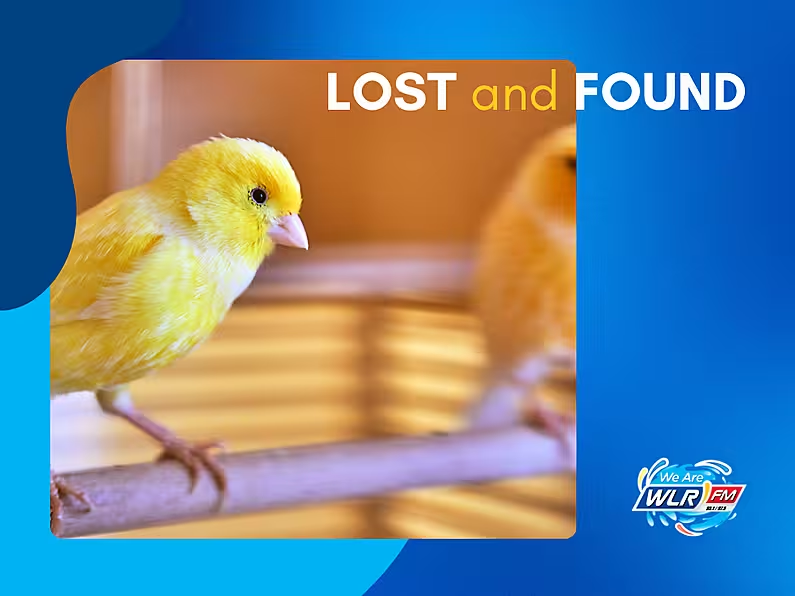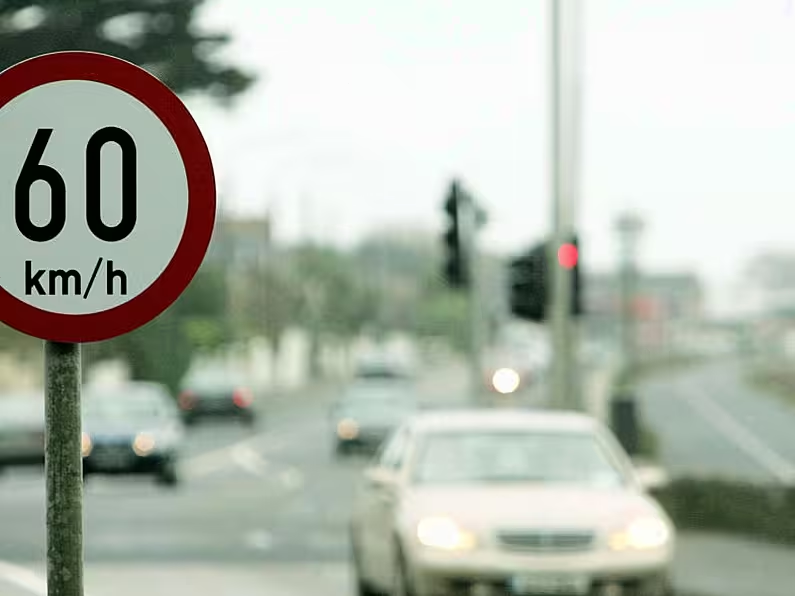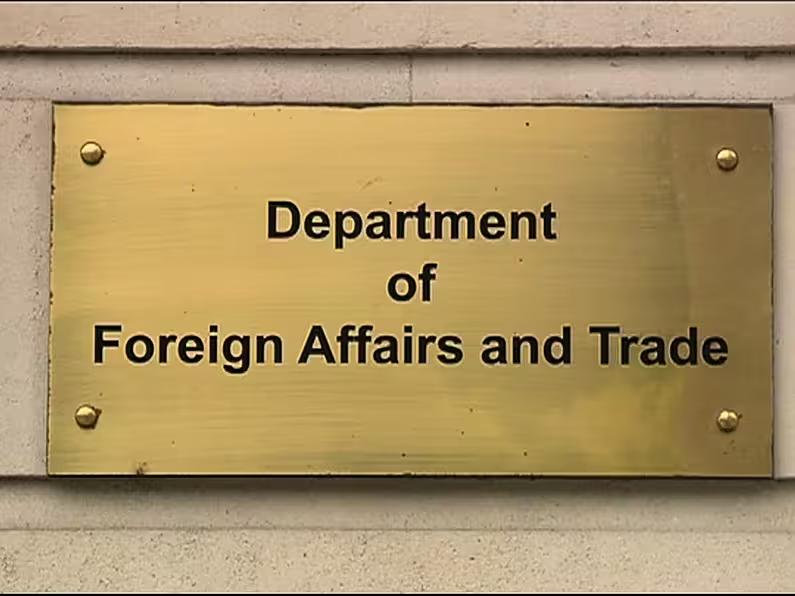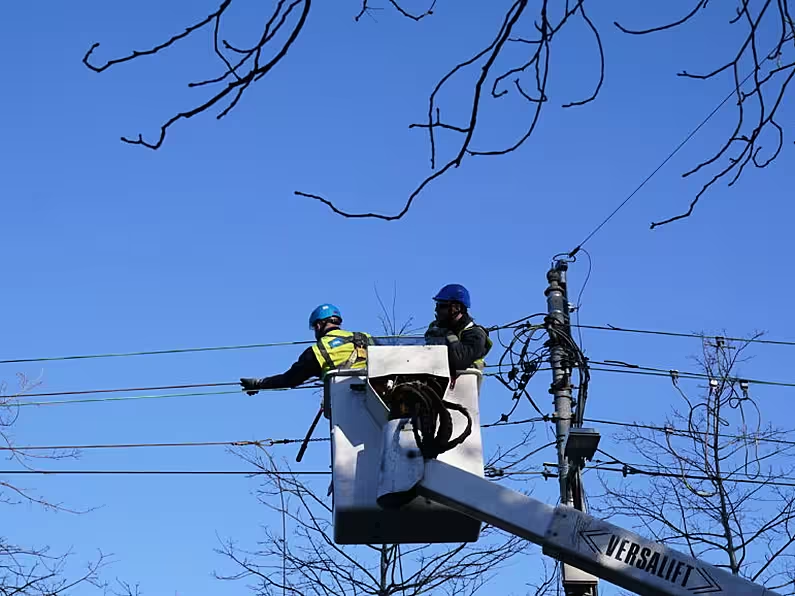Gardai in Waterford say there’s been a massive rise in investment fraud during the Covid-19 pandemic.
Common investment scams may include lucrative investment opportunities such as shares, bonds, cryptocurrencies, rare metals, overseas land investments or alternative energy.
People are often lured into parting with their cash for the promise of enormous returns, but often don’t report the crime as they’re too embarrassed.
Since the Covid-19 pandemic, Gardaí have recorded a 118% increase in this sort of fraud. Brendan Roche is Crime Prevention Sgt for the Waterford Division of Gardaí:
"Investment fraud seems to catch people the most which centres around a pop-up that appears to say, 'you can invest in this particular product' or 'you've been chosen to invest in it'.
"There's a dramatic return expected over a short period of time and people put their money into these systems and never get them back again," Sgt Roche said.
Once the victim is duped into a fraudulent investment, there are many means by which the criminal can steal funds from the victim's account – including via remote access to the victim’s computer, receipt of personal information, bank accounts and photographic identification.
Sgt Roche said: "If you're going to invest in cryptocurrencies or online systems you go to an approved financial controller or financial advisor to give you information.
"It's the same as handing your money out to a stranger on the street if you invest in a pop-up that appears on your system/device," he said.
Losses start at €1,000, the majority are in excess of €40,000, representing a person’s life savings or pension lump sum.
How to avoid Investment Fraud scams?
- If it is too good to be true, it probably is
- Do your own research and be wary of wild claims
- Always seek independent financial and legal advice before making any investments
- Check the various registers on the Central Bank of Ireland’s website
- Use regulated investment firms where possible (Virtual assets are not currently regulated in Ireland)
- Do not respond to unsolicited approaches or cold-calls • Don’t click on links for websites that you don’t know
- NEVER EVER disclose your bank account passwords or codes
- NEVER allow anyone remote access to your computer
Further information on investment and other fraud types can be found on www.garda.ie and www.fraudSMART.ie












